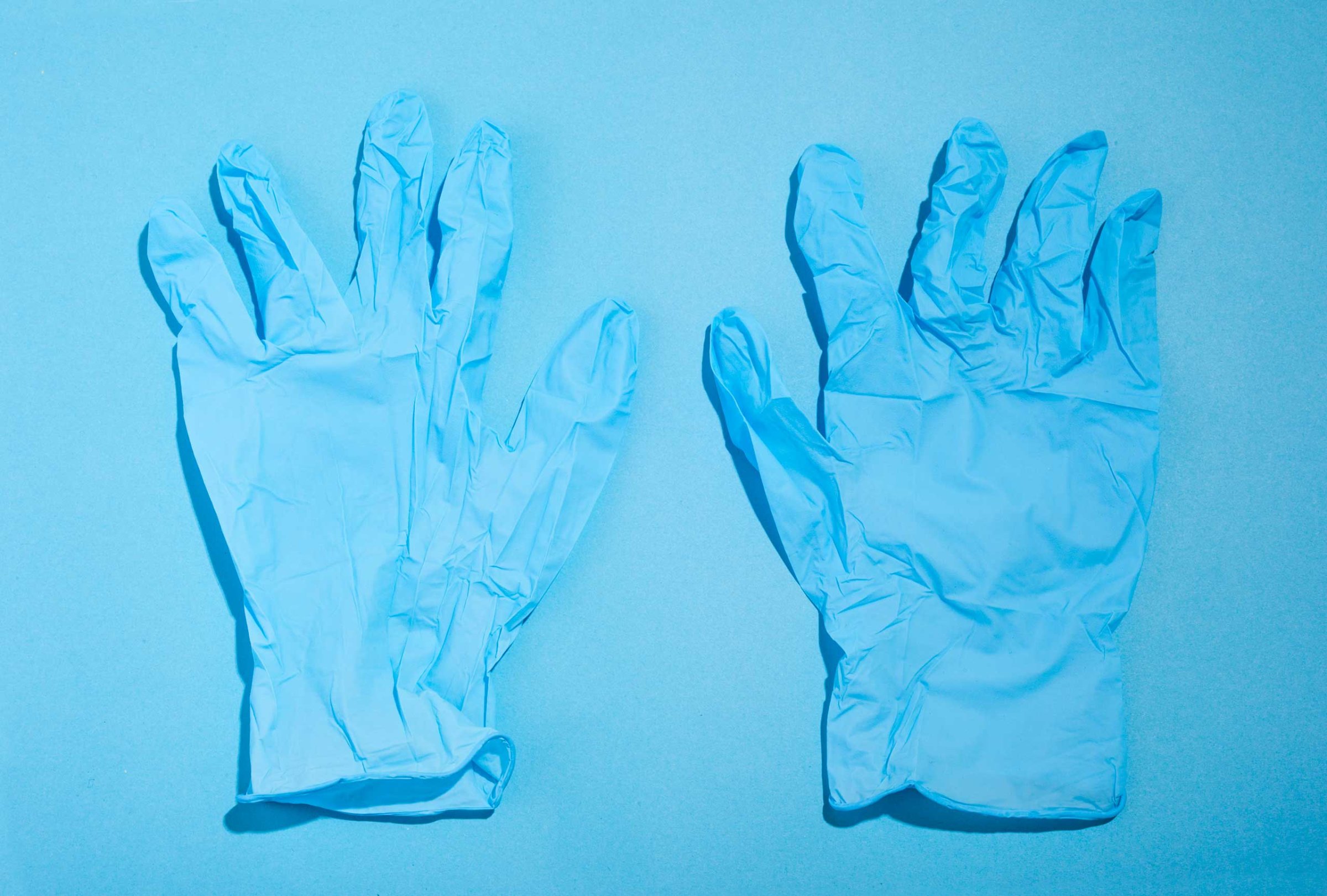
Sexual discrimination and harassment in medicine and science is an all-too common occurrence, as evidenced by recent news stories of men in positions of power making unwanted sexual advances toward young doctors, and scientific journal reviewers requesting men be added to an all-female team of researchers. Now, a new study is putting numbers to the issue, finds that 30% of successful female doctors say they’ve been sexually harassed.
In the report, published in the journal JAMA, the researchers found that a third of women physicians reported being sexually harassed; for men, the number was 4%. To reach these conclusions, the study authors surveyed 1,066 men and women who had received a career development award from the National Institutes of Health. They were asked about their experiences with gender bias, as well as inappropriate sexual advances, subtle bribery for sexual acts, and threats.
Among the women who reported sexual harassment, nearly 60% said it had a negative effect on their confidence in themselves as professionals and close to 50% said the experiences negatively impacted their career advancement.
“We are now in an age where almost half of all medical students are women and there’s a growing need to make sure everyone is able to maximize their potential,” says study author Dr. Reshma Jagsi of the University of Michigan.
“I was quite surprised,” says Jagsi of the findings. Decades-old surveys have suggested high levels of sexual harassment among doctors, but Jagsi says she thought that given the growing gender equity in medicine today, the percentage of women reporting severe sexual harassment would be much lower. “We all have seen the really horrible egregious cases but no one would expect so many women have had these experiences,” she says.
The report concludes that more needs to be done to eliminate inappropriate behavior in the workplace, including unconscious bias. “I think a lot of the behavior does not occur out in the open anymore, but that doesn’t mean it doesn’t happen. Such experiences don’t appear to be rare yet,” says Jagsi.
More Must-Reads From TIME
- The 100 Most Influential People of 2024
- How Far Trump Would Go
- Why Maternity Care Is Underpaid
- Scenes From Pro-Palestinian Encampments Across U.S. Universities
- Saving Seconds Is Better Than Hours
- Why Your Breakfast Should Start with a Vegetable
- Welcome to the Golden Age of Ryan Gosling
- Want Weekly Recs on What to Watch, Read, and More? Sign Up for Worth Your Time
Contact us at letters@time.com